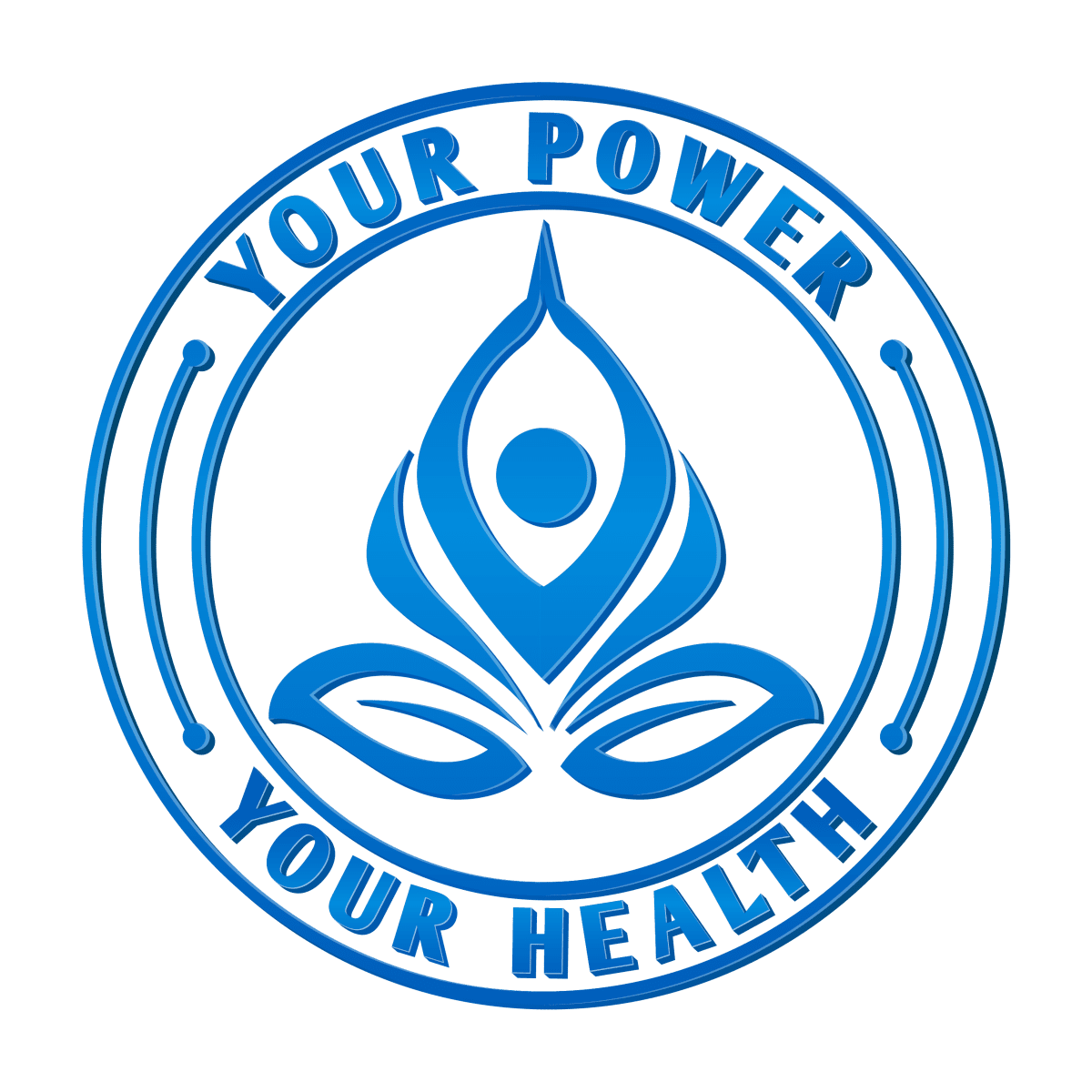I am a master procrastinator. I like to say it’s genetic because my father was an expert also. But really, I can’t blame him because I learned his bad habit. I’m an adult and I make my own choices.
What is procrastination and why do we do it?
According to the Oxford Dictionary, procrastination is the action of delaying or postponing something. A professor of Psychology at the University of Sheffield in England defines procrastination as “the voluntary, unnecessary delay of an important task, despite knowing you will be worse off for doing so.”
According to this article, there are several reasons why we procrastinate. If you can relate to one of these, fear not. There is no shame in seeing yourself in these descriptions. Let’s just see it for what it is and maybe we can find a way to power through.
Contrary to popular belief, procrastination is not an indication of laziness.
Types of procrastination
- ADD/ADHD – Someone who chronically procrastinates may be dealing with and executive function disorder like ADD or ADHD. When this is happening, the person often can’t organize their thoughts and/or their environment and become overwhelmed in the process.
- Self-esteem – When a person expects their efforts to fail, it’s unlikely they will want to start down a path because they feel unqualified to complete the task. They are afraid of the fallout if they can’t complete the task or do it wrong.
- Thrill-seeker – There are people who are, what I call, adrenaline junkies. They live for the thrill of the deadline and working against the clock. This type of person thinks they work best under pressure.
- Avoider/Indecisive – Some folks don’t want to be judged for the work they do in certain situations so they avoid starting. They may not feel qualified to make decisions and often are hesitant to land on a certain conclusion.
Regardless of where you find yourself in this list, procrastinating will likely cause more problems than it will ever solve. Procrastinating causes mental and physical strain on the perpetrator. The stress can impact your sleep, how you eat, your digestion, the lifestyle choices you make. It can increase your stress response, ultimately negatively impacting your health.
Ways to overcome procrastination
- Be nice to you – Beating yourself up never solves anything. Don’t use negative self-talk and don’t catastrophize the situation. Show yourself a little kindness and look for ways to move forward toward completion.
- Make the task meaningful – If you can place importance on the task, you’re more likely to get it done. If not disappointing others is the reason, write it down or whatever the reason is that the task is important.
- Don’t let it be overwhelming – Any task is probably something that can be broken down into smaller tasks. Take the overwhelm out of the project by setting little milestones that are easy to achieve. Take it one step at a time. Before you know it, the job is done.
Do you see yourself in any of this? What will you do differently to stop the procrastination?
As a health coach, I work with women who are facing serious health challenges like heart disease, metabolic syndrome and diabetes or who have been diagnosed as having a precursor to a serious health issue such as high blood pressure, high cholesterol or high blood sugar. I help them make food and lifestyle changes so they can get healthy, live longer and enjoy a fuller, happier, more energetic life. If you would like to have a free consultation about the health challenges you have and the improvements you would like to see in your health, click here to schedule a no strings attached call.







I’m the type that has to get something done right away. If I have a few things, I start with the smallest or quickest project and get that out of the way. Then I move on to the next one and I save the longest task for last, knowing that once that’s done, so am I!
I wish I was like you Martha. It makes so much sense to do it your way. I’m going to take a page out of your book and give that a go. Thanks for the tip.